Subluxations
if the nerve messages are not received
Subluxations are changes particularly in the vertebral position of the spine that cause irritation, undersupply or pressure on the central nervous system and peripheral nerves.
Existing subluxations can affect the whole body, the locomotor system and all organs. As a result, pain and dysfunctions may occur, although subluxations often do not produce any symptoms for years. Chiropractic serves to restore the functions, so that nerve messages arrive correctly again, organs can function properly again.
Talk to us!
Andrea Gundermann, 41 years
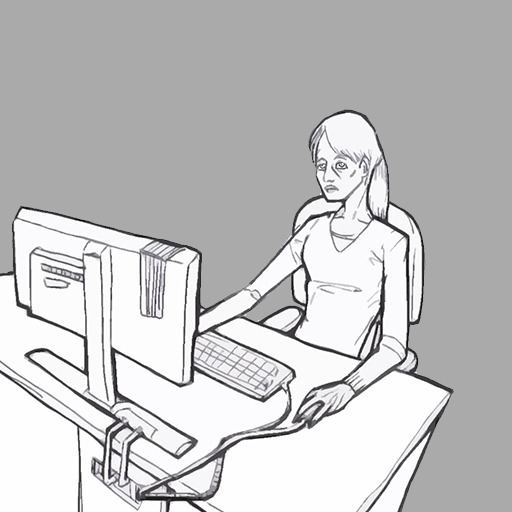

Office Clerk with tennis ellbow, neck problems
Goal: Charlotte versorgen, wieder reiten können
Peter Gundermann, 39 years
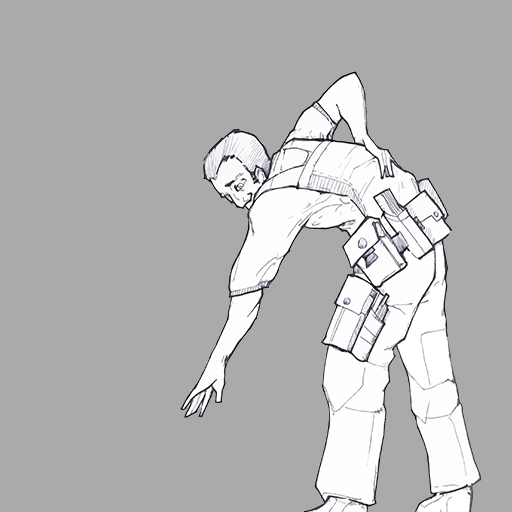
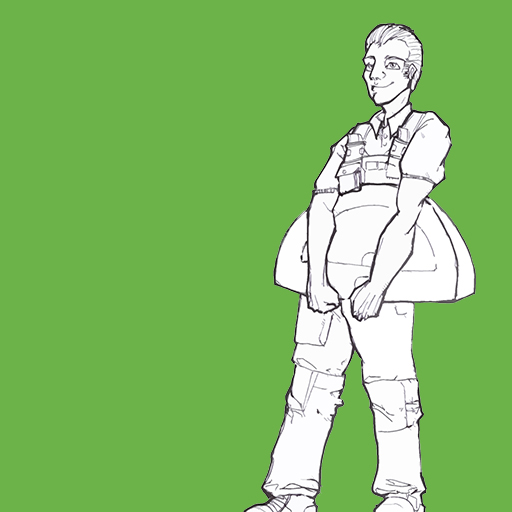
Heating engineer, suffers from a herniated disk
Goal: to avoid surgery, to maintain working ability
Valentin Gundermann, 16 years
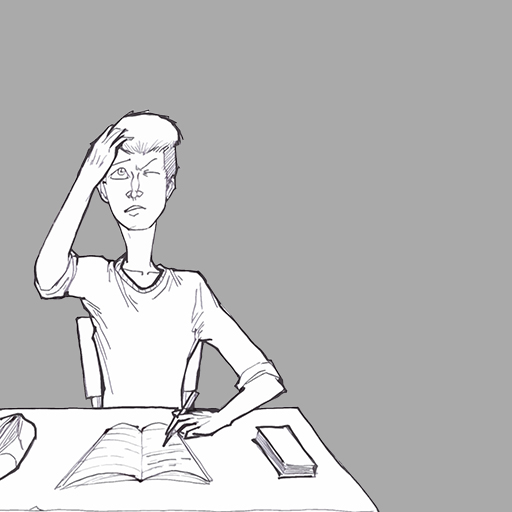

Schoolboy with headaches, difficulties in concentrating
Goal: to improve his academic perfomanca, to pass the final exams
Charlotte Gundermann, 10 weeks
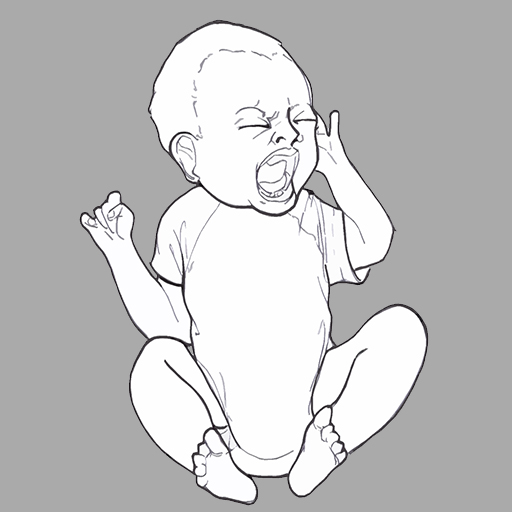
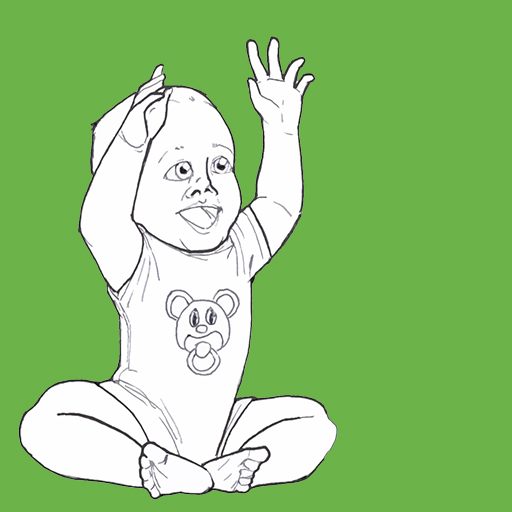
Sunshine with slight nursing problems
Goal: optimal growth and progression, prevention of problems
Willibert Gundermann, 70 years
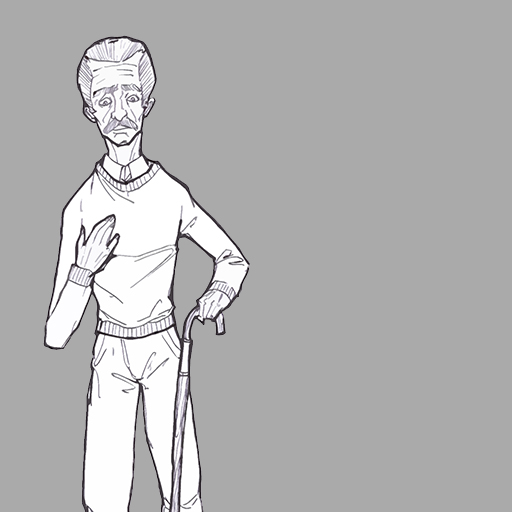
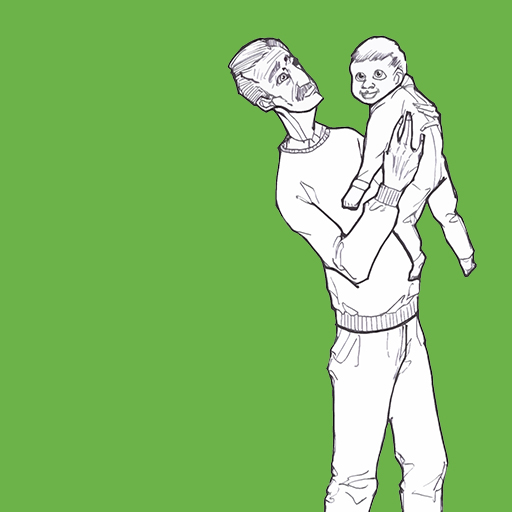
Fulltime grandfather, suffers from lung cancer
Goal: to ease the pain, to stay fit for his grandchildren, accompanying therapy until death
Christine Walter, 39 years
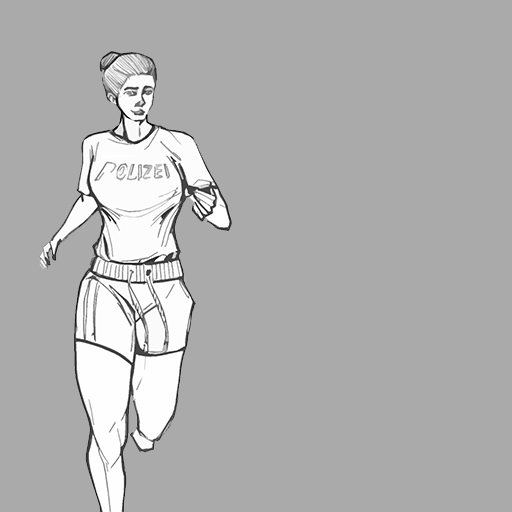

Police officer, is feeling very well
Goal: performance enhancement, prevention for injury
Thomas Walter-Novak, 55 years
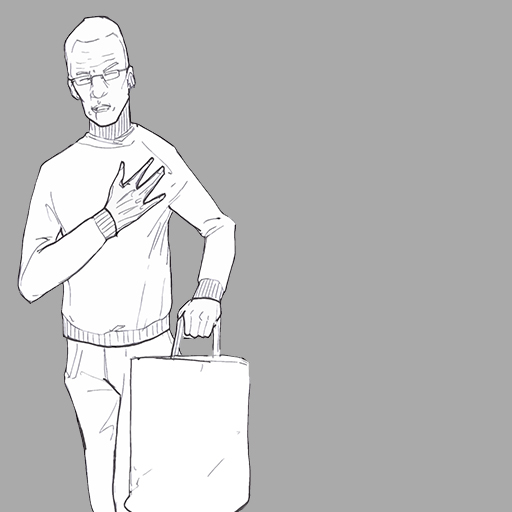
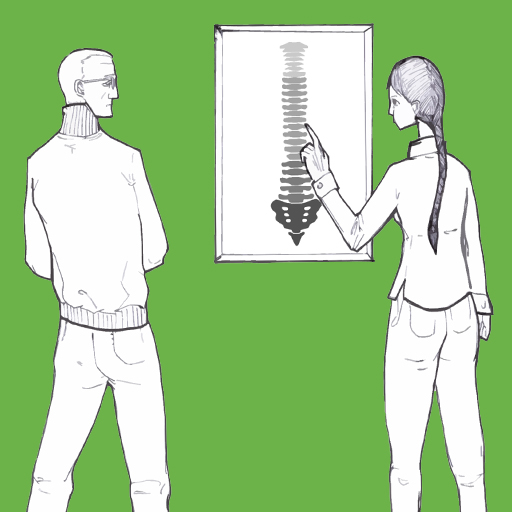
Dentist with unexplainable heart stumbles and pain in the upper abdomen
Goal: to try a new approach, to find an explanantion for his symptoms
Lena Novak, 53 years
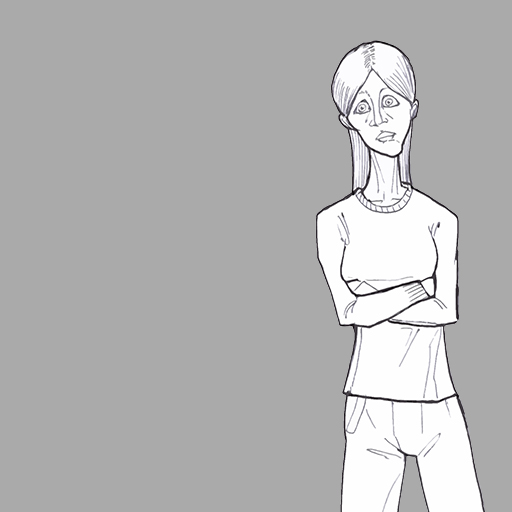

Teacher with craniomandibular dysfunction
Goal: correction of the joint and the cervical spine into its ideal position prior to a dental restoration
What are the possible symptoms?
Subluxations can be triggered by physical (e.g. poor posture, accidents), chemical (e.g. smoking, chemicals in food and cosmetics) and mental-emotional (e.g. overwork, grief) stress when the body has exhausted its ability to adapt to these stressors.
Subluxations always lead to a malfunction and miscoordination of the affected organ. Since the body has an enormous ability to compensate, however, concrete symptoms are often not felt for a long time (up to years!). Depending on which part of the nervous system is affected, a variety of symptoms are possible, for example:
- Internal organs (70% of the nervous system):
- Pseudo-Angina Pectoris
- Reflux
- reduced immune defence
- Muscles (20% of the nervous system)
- muscle weakness
- tensions
- Sensors (10% of the nervous system)
- tingling, numbness of the skin
- Pain (joints, back, migraine etc.)

Rufen Sie uns gern an.
